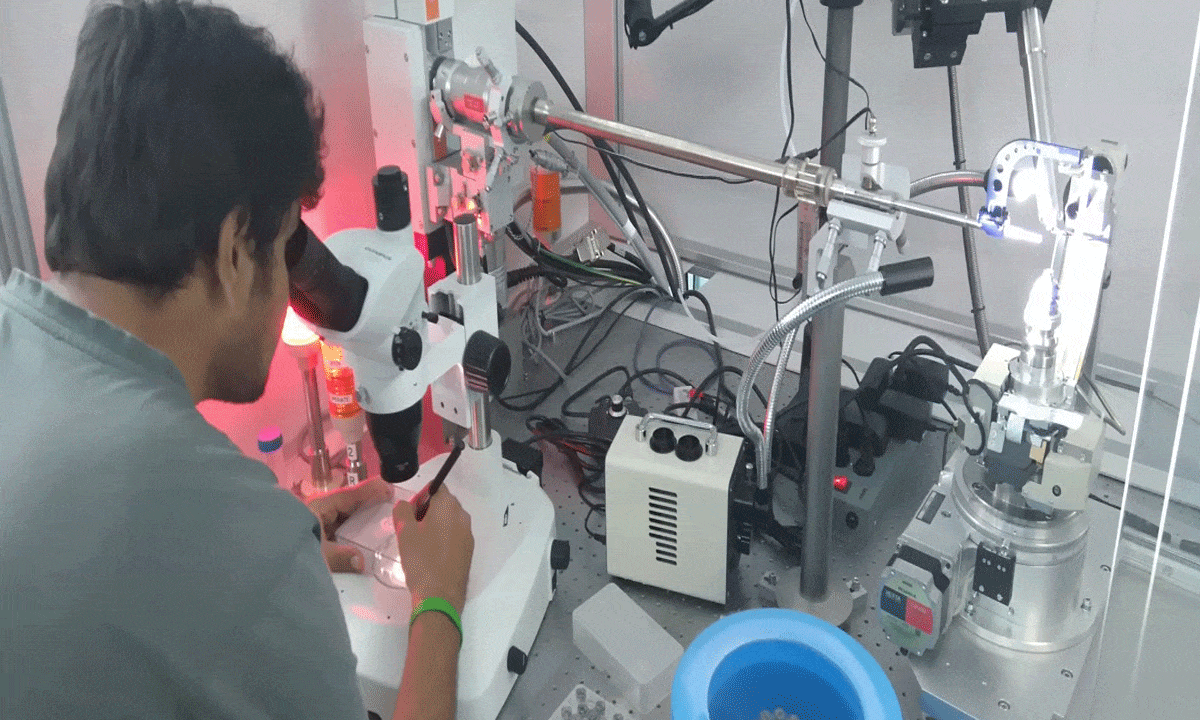IIT Bombay study finds protein abundant in human body worsening diabetes
A groundbreaking study by researchers at the Indian Institute of Technology (IIT) Bombay has revealed that collagen, the most abundant protein in the human body, plays a previously unknown role in worsening Type 2 diabetes.

New Delhi: A groundbreaking study by researchers at the Indian Institute of Technology (IIT) Bombay has revealed that collagen, the most abundant protein in the human body, plays a previously unknown role in worsening Type 2 diabetes.
Table of Contents
Study Published in Prestigious Scientific Journal
The research, published in the Journal of the American Chemical Society, explains how collagen accelerates the clumping of the hormone amylin in the pancreas, thereby disrupting blood sugar regulation and damaging insulin-producing cells. This could pave the way for new drug targets in diabetes treatment.
Also Read: NIMS Extends Application Deadline for MHM Course 2025: Apply Online
The Role of Amylin and Collagen in Type 2 Diabetes
In Type 2 diabetes — which affects over 500 million people worldwide — the body either does not produce enough insulin or becomes resistant to it. This leads to elevated blood sugar levels. To compensate, the body produces more amylin, a hormone that aids blood sugar control after meals.
The research team, led by Prof. Shamik Sen from IIT Bombay’s Department of Biosciences and Bioengineering, discovered that fibrillar collagen I, a major structural protein in tissues, acts as a scaffold for amylin aggregation, making the hormone more toxic.
Collagen-Amylin Clumps Damage Beta Cells
The study found that in diabetic pancreatic tissues, collagen becomes more abundant and contributes to the formation of toxic amylin clumps. These clumps damage the beta-cells in the pancreas responsible for insulin production.
“It almost seems that the amylin completely physically coats the collagen surface forming stable aggregates that are more difficult for cells to clear. That was a very striking finding for us,” said Prof. Sen.
Findings Confirmed in Diabetic Mice and Human Tissues
Tests in diabetic mice and human pancreatic tissues showed simultaneous increases in both collagen and amylin levels as diabetes progressed. This correlation reinforces the idea that collagen is a key driver of disease deterioration.
Implications for Diabetes Treatment Strategies
This research may also explain why some current diabetes treatments, which mainly target intracellular processes, fail to stop disease progression. By identifying the collagen-amylin interaction as a new drug target, the study offers fresh hope for more effective therapies.
